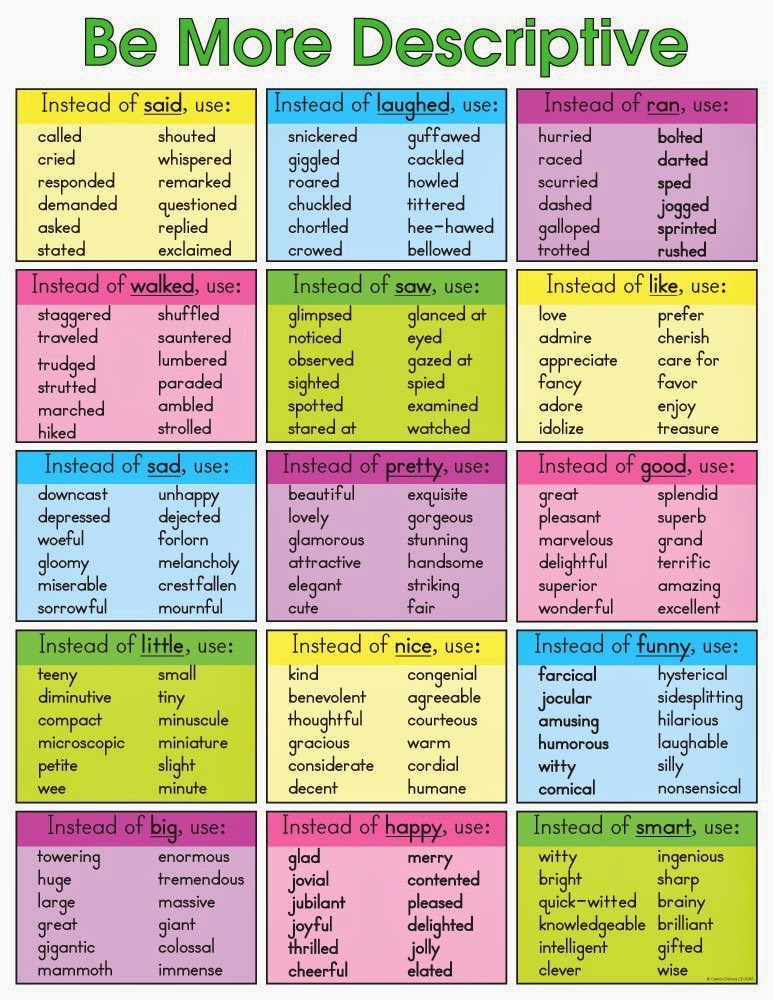A few days ago I came across a newspaper article defending why a Spanish can be a better English teacher than a 'native'. This can be a highly controversial topic, but it's one that badly needs clarification, and, in my opinion, an urgent re-evaluation of 'non-native' teachers.
There
has always been the idea that ‘native speakers’ of English are the best
teachers of English. Indeed, in hiring practices ‘native
speakers’ are very often given preference, and some language schools even take
the liberty to charge more if their teachers are ‘native’.
This disadvantage in the job market,
besides the social pressure of having to imitate a ‘native’ model, has had a
truly harmful effect on ‘non-native’ language teachers, many of whom have lost
confidence in their lessons, especially as regards the teaching of pronunciation. As Canagarajah puts it, "their predominant concern
is in effect “How can I lose my accent?” rather than “How can I be a successful
teacher?” (1999: 84-85).
The reality today is that 80% of
teachers of English in the world are not native. Be that as it may, the difference should not really reside in the dichotomy ‘native’/‘non-native’, but rather in the opposition ‘qualified’/’non-qualified’.
In other words, qualified teachers, be they ‘native’ or ‘non-native’, are
superior to ‘native speakers’ who have not undergone training (Pavón Vázquez, 2010).
By all mens, 'native' teachers have the advantage of having a flawless command of the language. Still, there is now
growing agreement that ‘non-native’ teachers have a number of advantages worth mentioning:
- Only ‘non-native’ teachers can serve as imitable models of the
successful learner of English.
- Their previous status of learners of the language allows them to provide
students with more information about the English language.
- They are endowed with the priviledge
of bilingualism, which allows them to have a better understanding of the
learning situation.
- They can teach learning strategies more effectively.
- They can anticipate areas of potential problems.
- They can benefit from sharing the students’ mother-tongue and culture.
- They are trained in methodological
issues.
Paradoxically, all these advantages
stem from the fact that they have undergone a
process of learning that ‘native speakers’ have not. These advantages, combined
with the fact that the vast majority of them present an adequate level of
language competence to perform their task, can certainly place ‘non-native’ teachers in a
superior position over ‘native speakers'.
So the next time an academy sells their lessons saying that their teachers are native, ask if they are qualified, since that is what really matters.










































